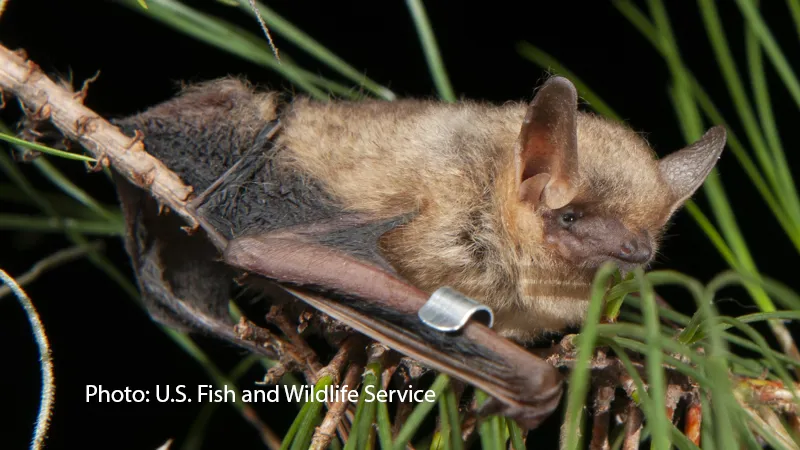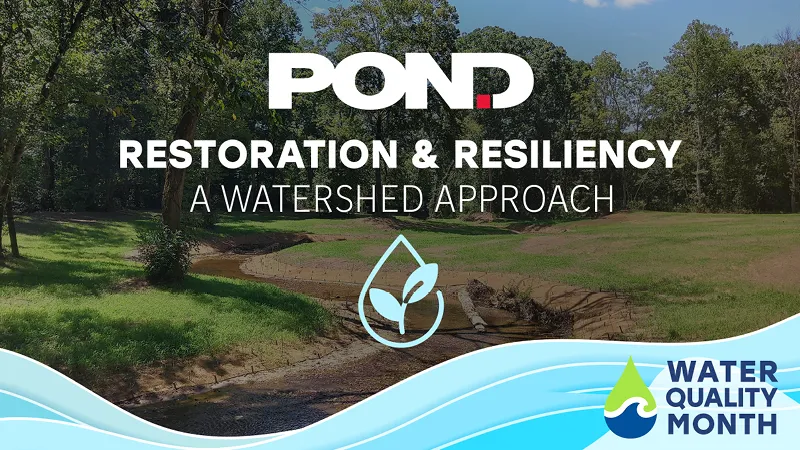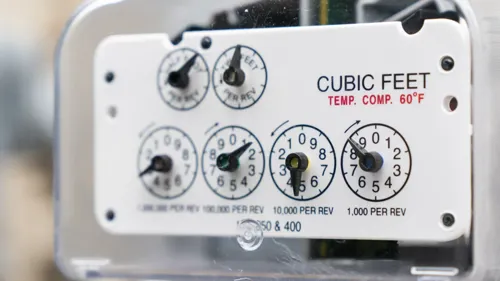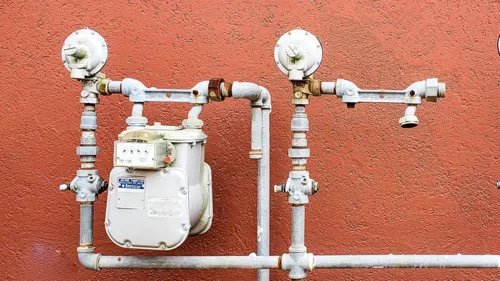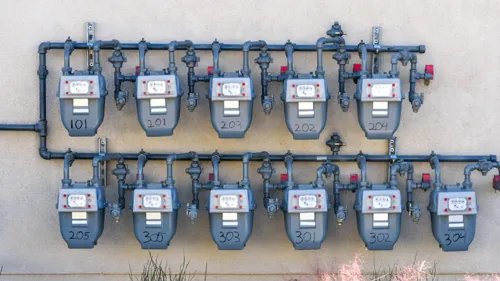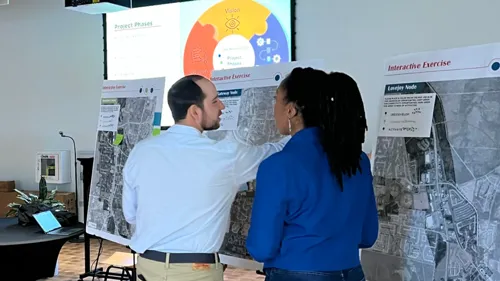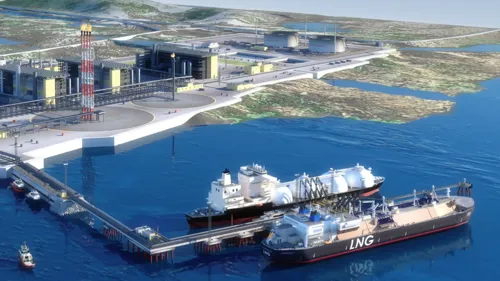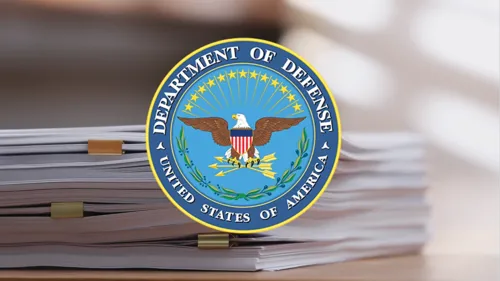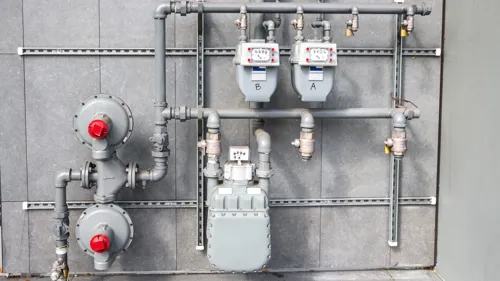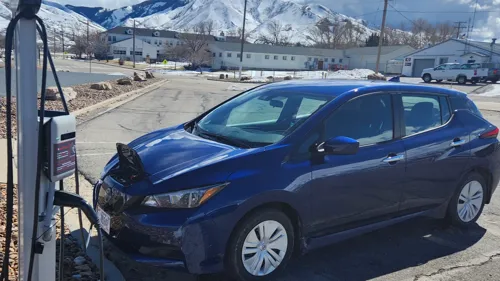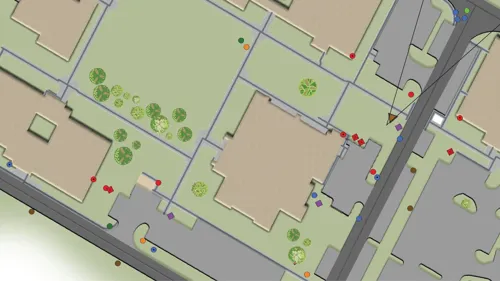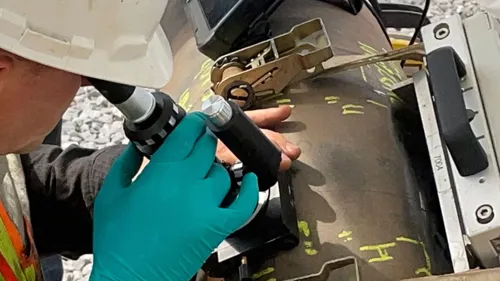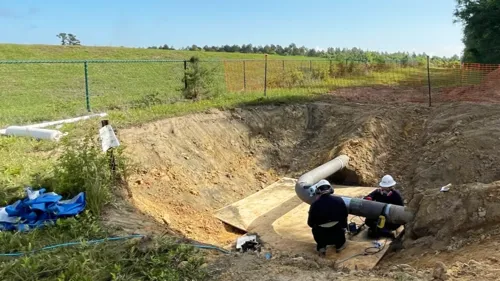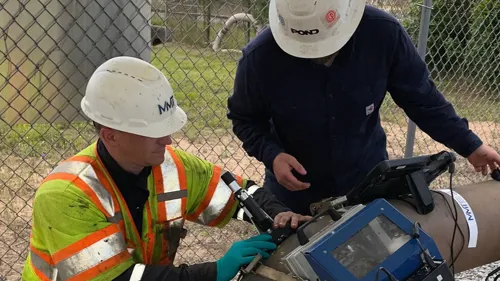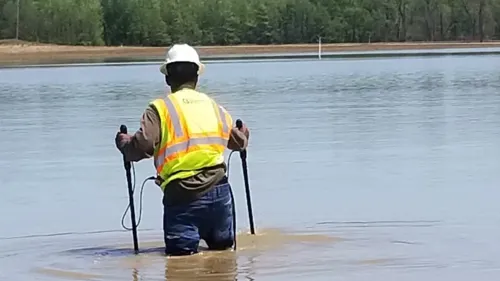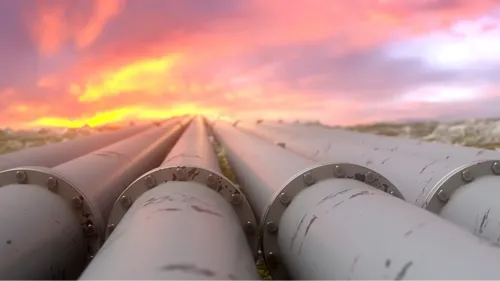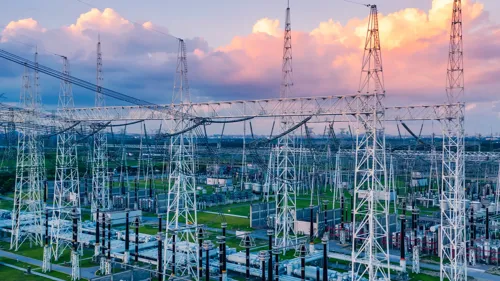Pond Leads the Pack for PHMSA Mega Rule Compliance Services

Author:
Andrew Lawton | Principal - Associate Vice President, Utilities | andrew.lawton@pondco.com
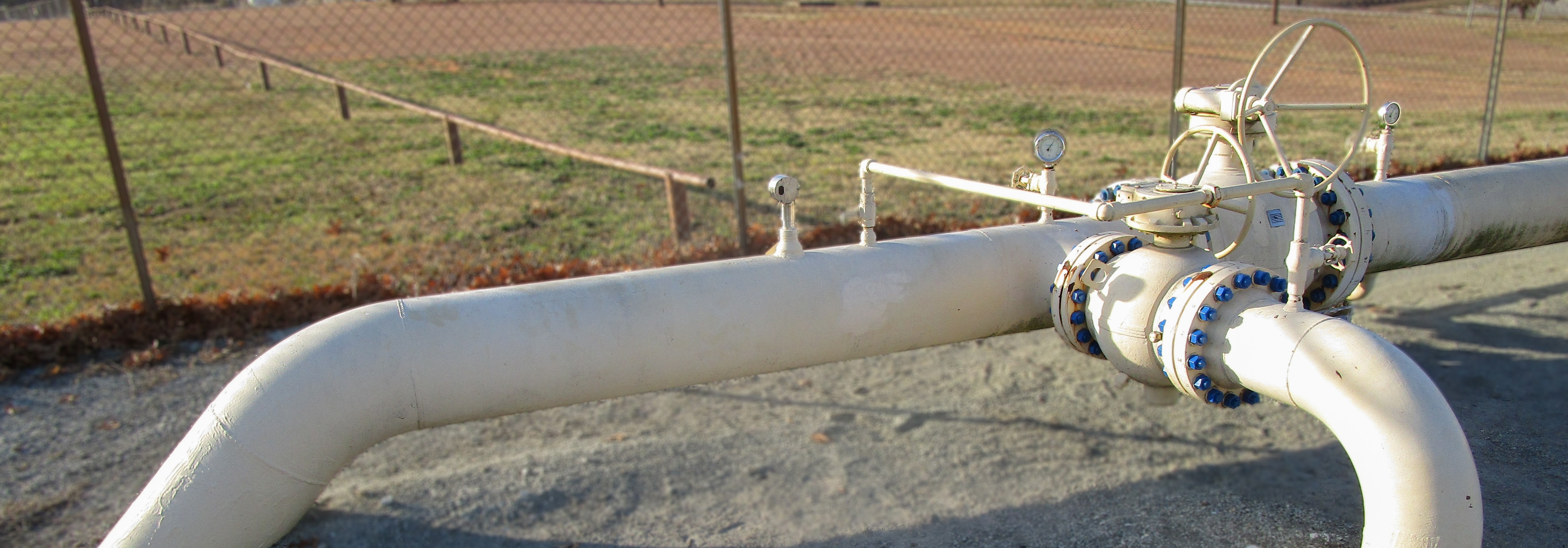
“The Mega Rule regulation will be transformative in how we approach compliance, safe distribution, and data collection. This is an opportunity to increase the performance of your asset and enhance the reliability of its output for years to come. The significant expansion of this rule will require owners to take these preventative actions to future-proof assets and mitigate potential risks.”
The Pipeline Hazardous Materials and Safety Administration (PHMSA) published three parts of the new Mega Rule which intends to provide regulations to limit pipeline failures. PHMSA, a United States Department of Transportation agency created in 2004, develops and enforces regulations for the safe, reliable, and environmentally sound operation of the nation’s 3.3-million-mile pipeline transportation system, and the nearly 1.2 million daily shipments of hazardous materials by land, sea, and air.
The rules were created after numerous pipeline failure investigations revealed fatalities, injuries, and releases to the environment. PHMSA, along with multiple industry organizations, worked together to provide realistic goals and actionable items to meet the intent of Mega Rule. Companies will have 14 years to comply with requirements (by July 2035), but 50% of the work must be done within the first seven years (by July 2028). All companies must provide clear, traceable records, and more comprehensive reporting is required for certain hazardous liquid gravity and rural gathering lines.
Here’s a breakdown of each part of Mega Rule:
Part 1 of PHMSA Mega Rule
Part 1 relates to gas transmission pipelines and includes maximum allowable operating pressure (MAOP) reconfirmation for pipelines without traceable, verifiable, and complete (TVC) records. MAOP reconfirmation can be accomplished with the use of six options. While some options include pressure reduction or pipeline replacement, others provide for additional testing and engineering analysis to meet the requirements of reconfirmation.
Part 2 of PHMSA Mega Rule
Part 2 includes management of change (MOC) standards, additional corrosion control requirements, inspection obligations after major weather events, repair criteria for crack anomalies, and additional citing of standards for direct assessment (DA) evaluations.
Part 3 of PHMSA Mega Rule
Part 3 primarily focuses on gathering pipelines. It provides a more detailed definition of a gathering pipeline and creates two new types of categorizations related to risk. The risk is predominantly related to consequence of failure (large diameter, high pressure, proximity to the public, etc.). This part of the rule is significant in that it regulates over 400,000 miles of previously unregulated pipelines. New regulation includes integrity assessments, corrosion control, integrity management plans (IMPs), and shut-off valve requirements.
Pond’s Full-service Solutions for Mega Rule Compliance
Pond provides full-service or customized consulting services including design, integrity and risk assessments, and field services for transmission pipelines. Our experts help clients mitigate risks to increase safety for the community, the environment, and nearby infrastructure. Our team of dedicated pipeline integrity, corrosion control, and coatings professionals can navigate clients through all aspects of Mega Rule compliance requirements.

